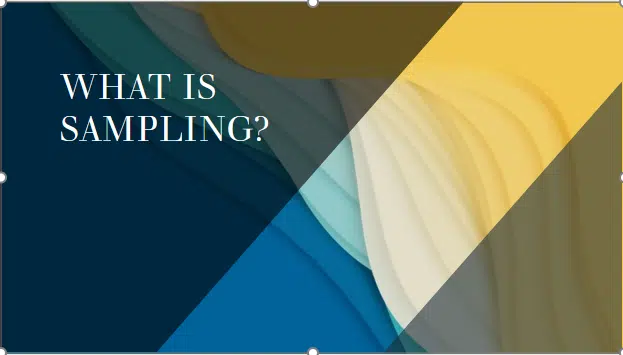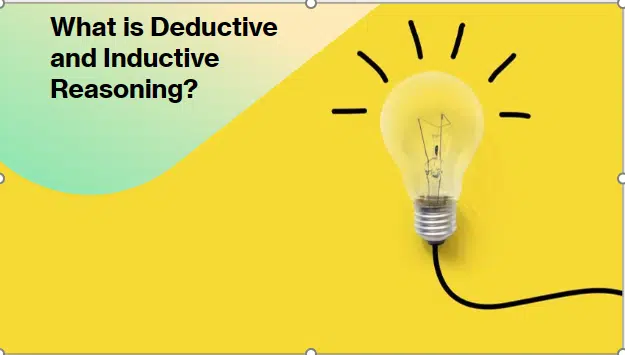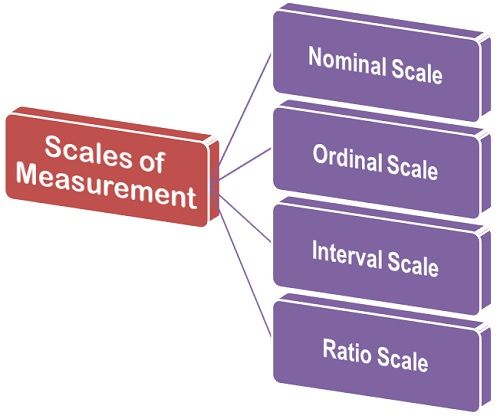What is Sampling?

Sampling refers to choosing elements of the population for data collection. Samples are the subset of the population representing the population. ...
Read more
Thematic Analysis for Qualitative Research

Thematic analysis is a technique used to analyze qualitative data. It is not the only technique used to analyze and interpret ...
Read more
Understanding Positivism and Causal Research

Understanding Positivism and Causal Research is essential for anyone engaged in scientific inquiry and research endeavors. However, Positivism, characterized by ...
Read more
Measurement Scales in Research

In this article, we will discuss about Measurement Scales in Research. Research involves studying qualitative and quantitative variables. Qualitative variables cannot be ...
Read more
What is Pragmatism?

Before discussing Pragmatism, it is important to understand Positivism and interpretivism. These are two different research philosophies used in research. Positivism is ...
Read more
What is Deductive and Inductive Reasoning?

Deductive Reasoning There are two reasoning styles widely used in research methodology, deductive reasoning and inductive reasoning. Deductive reasoning is associated ...
Read more
What is Positivism in Research?

Positivism is a research philosophy. It studies the social world using a scientific approach. Positivism believes in using a scientific, ...
Read more
Pay Back Period (PBP)-An Overview and Examples

What is Pay Back Period (PBP)? Pay Back Period (PBP) is an investment appraisal technique known as the capital budgeting technique. ...
Read more
What is Ontology in Research?

Ontology is a branch of philosophy that deals with the “study of being”. In the broader sense, it refers to the ...
Read more
What is Epistemology in Research?

After considering Ontology and determining Ontological positions, the next phase is to understand Epistemology and choose an epistemological position. Ontology ...
Read more



